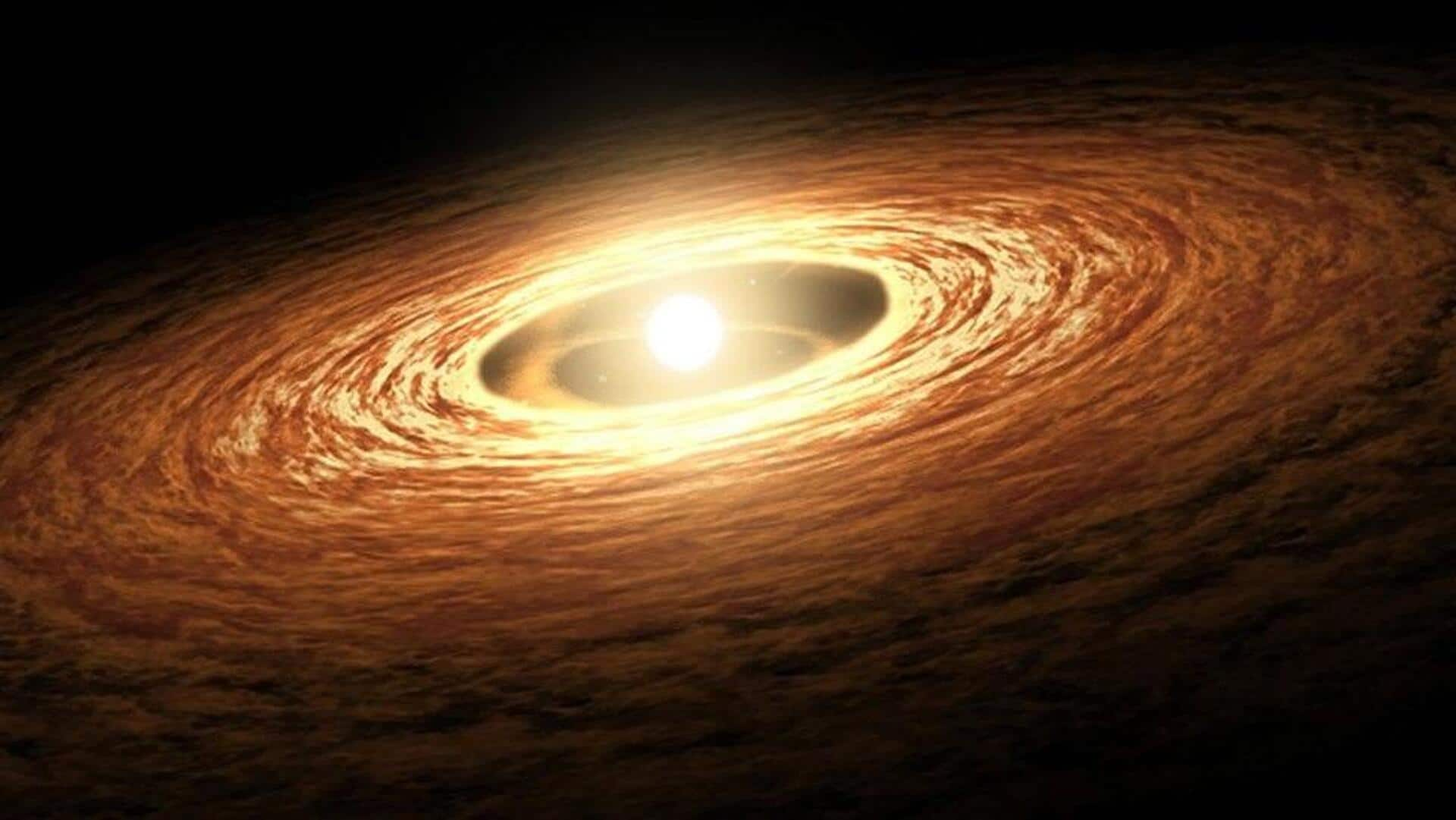
Our universe could come to an end in 33B years
What's the story
A study by physicists from Cornell University and Shanghai Jiao Tong University has predicted that our universe could end in a "big crunch" in about 33.3 billion years. The researchers used data from many astronomical surveys, including the Dark Energy Survey and the Dark Energy Spectroscopic Instrument, to develop this model. This prediction challenges the long-held belief that the universe will keep expanding forever.
Dark energy
Dark energy's role in universe's expansion
The study's prediction hinges on the behavior of dark energy, a mysterious force that makes up around 70% of the universe and drives its expansion. Traditionally, dark energy has been thought to act like a cosmological constant, exerting a steady pressure that pushes space apart indefinitely. However, recent observations suggest it could be dynamic instead.
Model
A look at the proposed model
The researchers proposed a new model that involves an ultra-light particle called an axion and a negative cosmological constant. This is similar to a rubber band that initially expands but eventually snaps back together as its elastic force becomes stronger than the expansion. According to this model, the universe will keep expanding at a gradually slowing rate until it reaches maximum size—about 69% larger than today—in roughly seven billion years.
Collapse phase
Universe will start contracting after reaching maximum size
After reaching its maximum size, the universe will start contracting as gravitational forces and the negative cosmological constant take over. This will lead to a rapid collapse in the final moments of this cosmic cycle. However, it is important to note that this prediction comes with a lot of uncertainty due to large margins of error from limited observational data.
Testing potential
We could soon test this scenario
The real excitement of this research lies in the fact that we could soon be able to test it. Several major astronomical projects are set to launch in the coming years, which will offer much more precise measurements of dark energy's behavior. These could confirm, refine or rule out the big crunch scenario altogether.
Timeline
A look at timescales involved
Even if the big crunch scenario is confirmed, we have a long time to go before it happens. To put things in perspective, complex life on our planet has existed for only around 600 million years. A timespan of 20 billion years is so large that by then our Sun would have died and Andromeda would have collided with our galaxy.